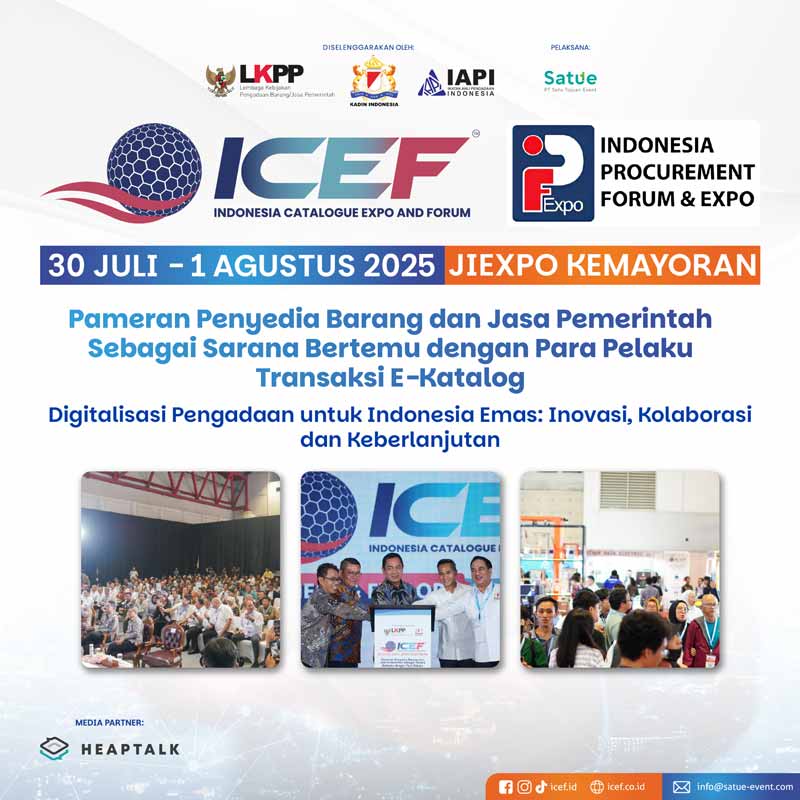EV development in Indonesia is facing an obstacle as the automotive industry players have not thoroughly encouraged the transition to EVs, according to IEEFA.
Heaptalk, Jakarta — The Institute for Energy Economics and Financial Analysis (IEEFA) revealed that there is a potential misalignment between Indonesia’s policy directions regarding EV ambition and the intentions of automotive industry players.
The country exposes its nickel resources as leverage, but the current EV trajectory is seen as inadequate to meet Indonesia’s ambitious targets. For light four-wheeled vehicles (4W), the IEEFA report highlights five manufacturers that control 92% of the 4W market, namely Honda, Mitsubishi, Suzuki, Toyota, and their subsidiary Daihatsu.
Meanwhile, the concentration of the two-wheeler (2W) vehicle market is currently even stronger with Honda and Yamaha holding a combined 96% share. However, their record on EVs is far from the scale of their commercial strength.
In the fiscal year 2022 (FY22), Toyota’s battery electric vehicles (BEV) only accounted for 0.16% of worldwide sales units, while Honda’s 2W EV sales were largely negligible. Positive moves toward electrification are starting to appear, but plans remain sluggish, particularly for emerging markets.
“Industry players’ slow electrification plans combined with their market dominance could be a major obstacle to Indonesia’s ambitions. Automakers place a lot of emphasis on the importance of giving consumers the choice of vehicles, but all-electric options from them are almost nowhere to be found,” said IEEFA energy analyst Putra Adhiguna at the launch of Electrifying Indonesia’s Road Transport report in Jakarta (02/06).
Indonesia has set aggressive targets of 13 million electric 2Ws and 2.2 million electric cars by 2030. However, the country is still potentially lagging behind its Southeast Asian neighbors. Thailand is forecast to adopt 4W EVs much faster, while Vietnam has been leading 2W EV sales by a significant margin.
EV adoption can ease oil demand growth
Further, Putra said, “Energy demand in the transportation sector is increasing rapidly and accounts for a quarter of the energy sector’s greenhouse gas emissions in Indonesia. The conflict between the drastic decline in oil production and increased demand will be even more difficult to mediate if it is not accompanied by firm policy directions from the government.”
EVs consume energy about three times more efficiently than traditional internal combustion engine vehicles (ICEVs), which convert only 12-30% of the energy in the fuel tank to power the wheels.
With rising oil imports and volatile fuel subsidies, EV adoption can ease oil demand growth and lower life-cycle emissions, even in coal-dominated power grids like Indonesia. Adhiguna emphasized that a strong commitment toward greening the grid must be maintained in parallel to the EV’s decarbonization of road transport.














